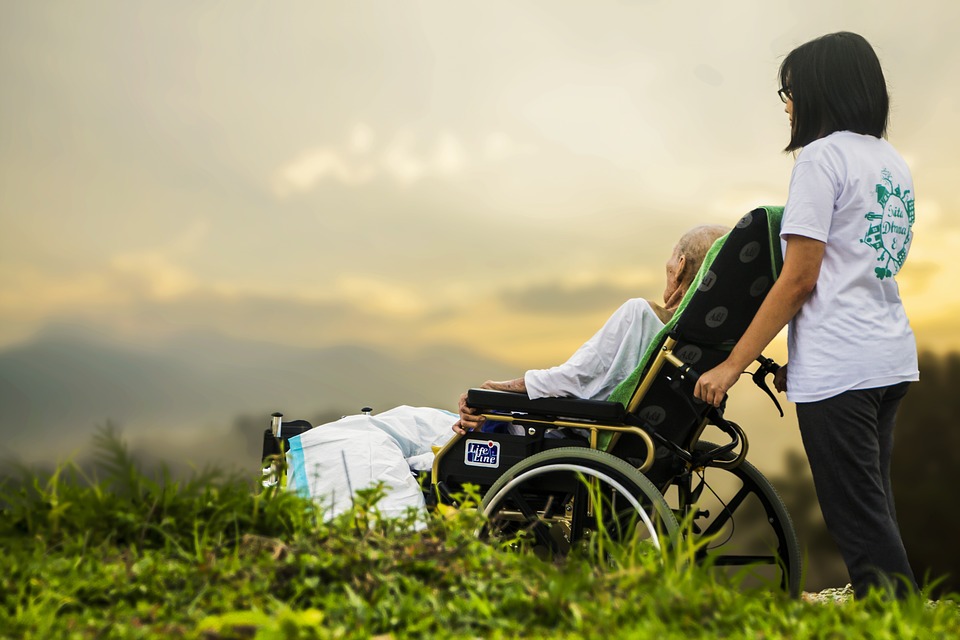Voluntary assisted dying becomes legal in Victoria today with the laws hailed as a benchmark for how public policy should be designed and implemented
Voluntary assisted dying becomes legal in Victoria today, 18 months after the state became the first in Australia to give terminally ill patients control over their final moments.
The heavily safeguarded laws have been hailed as a benchmark for how public policy should be designed and implemented.
Go Gentle Australia, which campaigns for dignity at the end of life, said the extensive community consultation and resulting law showed democracy working at its best, and called for other states to follow suit.
CEO Kiki Paul told The Medical Republic it was “a momentous day, an historic day”, and that just having the choice available would be of benefit to patients.
“We know from overseas – for example from Oregon, where similar legislation has been in place for a few decades – that only about two-thirds of people who get a prescription actually take it. The other third don’t, but the sense of relief that they now have a choice – that has a massive palliative effect. That if they really can’t hang on any more, they have an option to end their suffering.
“None of these patients want to die, that’s the thing to keep in mind. None of them chose to get a terminal illness. So having that option to make a statement at some point and say, I can’t do this any more, that’s really important.”
Australian Healthcare and Hospitals Association chief executive Alison Verhoeven said the Victorian laws were “a watershed in the rise of the consumer voice in health”, and reflected a wider need for individual autonomy.
“The key to legislative change in Victoria was the approach taken in developing the new laws. It was citizen-driven and inclusive, combining evidence, science and social action,” Ms Verhoeven said.
GPs who wish to assist under the laws must be vocationally registered, and complete a six-hour online training course to secure a permit.
Ms Paul said most GPs would probably not apply until they had a patient who had initiated the discussion, but about 100 had already registered in advance.
“We expect there will be a growing number now that the law is in place. Even if they don’t necessarily want to participate, I imagine they’d want to know how the process works.”
Detailed information for doctors is available at the Victorian health department website.
Opinion polls over the years have consistently found 70-85% of people in favour of legal assisted dying for terminally ill patients, and an AMA survey in 2016 found a majority of doctors would help end a patient’s life if it became lawful to do so.
The NSW and South Australian legislatures nonetheless rejected VAD bills in 2017 and 2016. But that doesn’t mean the issue won’t resurface in the near future.
“There is a staunch opposition to VAD laws that comes very much from a conservative group of politicians,” Ms Paul said.
“There is a strong lobby against it that is well funded and organised. It’s largely religious, but not all: federally the AMA has expressed its dismay and said doctors should not be involved in this, but even half its membership supports it.
“Again, it’s leadership out of step with the community.
“Look at the Catholic Church. They come out with fearmongering, absolutely misrepresenting the legislation in Belgium. Yet we know that even among people of faith, support runs at around 70%.”
She said Western Australia had held an inquiry and a ministerial expert panel was currently preparing legislation to introduce to parliament in early August; South Australia had just committed to an inquiry, with submissions open until August 1; and Queensland was mid-inquiry, with a report expected in November. In Tasmania another private member’s bill was being considered – but 53 previous private member’s bills around the country had all been knocked back.
Ms Paul said the recent tragic case of Dutch teenager Noa Pothoven, a rape victim who was falsely reported to have been legally euthanised, had not been as damaging to the end-of-life discussion as might be imagined.
While the initial shocked reaction played into opponents’ fearmongering, she said, it also drew attention to the cruelty of the current laws around most of Australia and the world.
“It was useful for people understand that what she did is possible in Australia now. As a patient you are allowed to refuse to take food and water and to starve yourself. It’s horrible, a terrible way to go. But unfortunately now if you’re a terminally ill patient and you’re not in Victoria, it’s that or commit suicide in a violent way.
“And you have to die absolutely alone, because the moment you tell someone about your plans they can be accused of assisting.”
That said, as a psychiatric patient Pothoven would never have qualified for assisted dying in Victoria, as she did not in The Netherlands.


